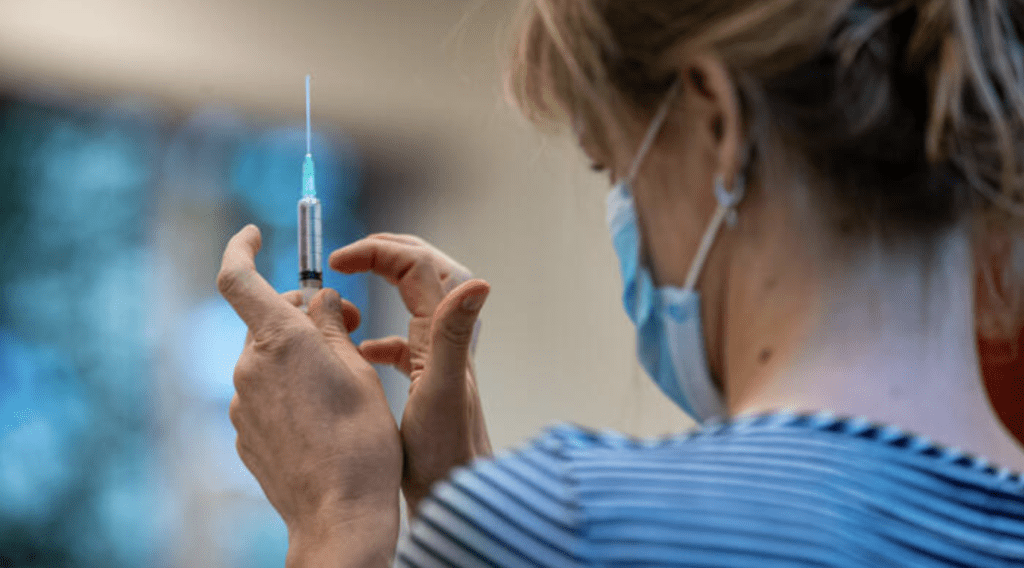A Brussels-based study expected to start this month is asking 2,000 people to sign up as volunteers to test a new and promising vaccine candidate from German company CureVac.
Those participating in the study, which is the Belgian segment of a worldwide phase III trial involving a total of 32,500 people, will receive their first shot within a week and a half.
The German jab remains usable for at least three months at standard fridge temperatures, unlike the Pfizer/BioNTech vaccine, which needs to be stored at roughly minus 70°C.
"Five hundred participants have already signed up, but we are looking for a total of 2,000 volunteers: people aged 18 and over who are in good health," Eddie De Block, medical director and also a principal investigator for Cohezio said, according to reports by Bruzz.
Only half of the volunteers will receive the vaccine, the other half will be administered with a placebo to successfully test the efficacy of the vaccine.
Related News
- 'UK vaccinates 1,000 per minute': expert criticises Belgium's vaccination speed
- EU should expect delays on yet-to-be-approved Russian vaccine
Selected participants, who will receive either €150 per visit or €750 in total, are asked to visit the research centre five times.
On the first day, an extensive medical interview with the doctor will take place, alongside a blood test and a first injection, after which they will have to wait for half an hour to see if there are any side effects, according to De Block.
Another blood test will follow two weeks later, and "participants of the study will also get a phone call every 14 days from the nurse who checks on their health," De Block added.
After waiting 29 days following the first jab, a second one will be administered, and finally, on day 43, another blood test will be carried out to see if any antibodies have been made.
All participants will be asked to return after six months and a year for another blood test and an interview with the doctor.
This vaccine, which requires two shots, causes the body to produce a protein similar to a protein of the virus, causing the immune system to react when a person becomes infected with the virus.
The first results of the study are expected to be announced at the end of March. Production of the vaccine has already started, however, it is still awaiting approval by the European Medicines Agency.
Professor Pierre Van Damme, head of the Centre for the Evaluation of Vaccinations at the University of Antwerp, is the main coordinator of the research, whilst the medical tests themselves are being organised by the occupational health services Cohezio and Mensura in Brussels.
Lauren Walker
The Brussels Times

